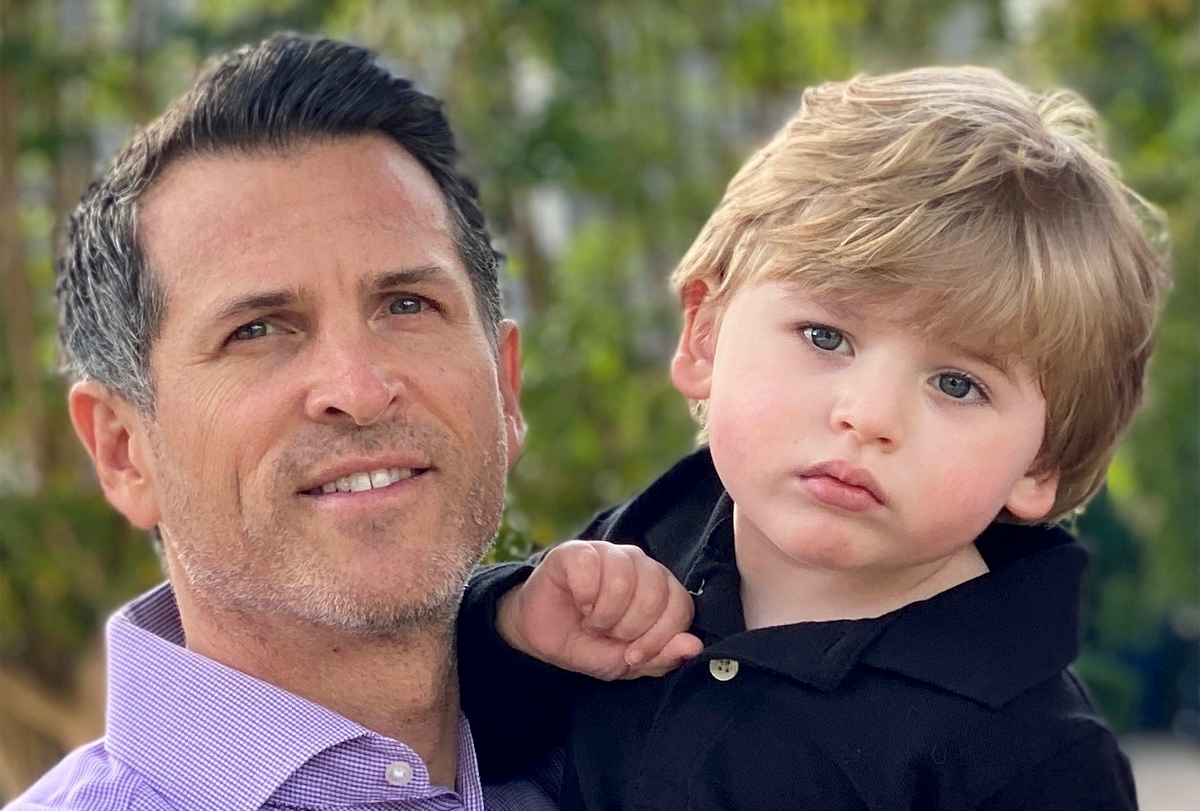Justin West is a physician and father of three. His youngest son, Andrew, was diagnosed with KCNT1-related epilepsy at 9 months of age. He is director of clinical medicine at the KCNT1 Epilepsy Foundation, working with researchers and industry to identify and evaluate potential therapeutics.

Justin West
President and director of clinical medicine
KCNT1 Epilepsy Foundation
From this contributor
Progress amid setbacks in drug trials for rare forms of epilepsy: Q&A with Justin West
Despite grave side effects, it’s vital to keep developing treatments for rare genetic forms of childhood epilepsy, says West, president of the KCNT1 Epilepsy Foundation and father of a son with the condition.

Progress amid setbacks in drug trials for rare forms of epilepsy: Q&A with Justin West
Explore more from The Transmitter
Machine learning spots neural progenitors in adult human brains
But the finding has not settled the long-standing debate over the existence and extent of neurogenesis during adulthood, says Yale University neuroscientist Juan Arellano.

Machine learning spots neural progenitors in adult human brains
But the finding has not settled the long-standing debate over the existence and extent of neurogenesis during adulthood, says Yale University neuroscientist Juan Arellano.
Xiao-Jing Wang outlines the future of theoretical neuroscience
Wang discusses why he decided the time was right for a new theoretical neuroscience textbook and how bifurcation is a key missing concept in neuroscience explanations.
Xiao-Jing Wang outlines the future of theoretical neuroscience
Wang discusses why he decided the time was right for a new theoretical neuroscience textbook and how bifurcation is a key missing concept in neuroscience explanations.
Memory study sparks debate over statistical methods
Critics of a 2024 Nature paper suggest the authors failed to address the risk of false-positive findings. The authors argue more rigorous methods can result in missed leads.

Memory study sparks debate over statistical methods
Critics of a 2024 Nature paper suggest the authors failed to address the risk of false-positive findings. The authors argue more rigorous methods can result in missed leads.